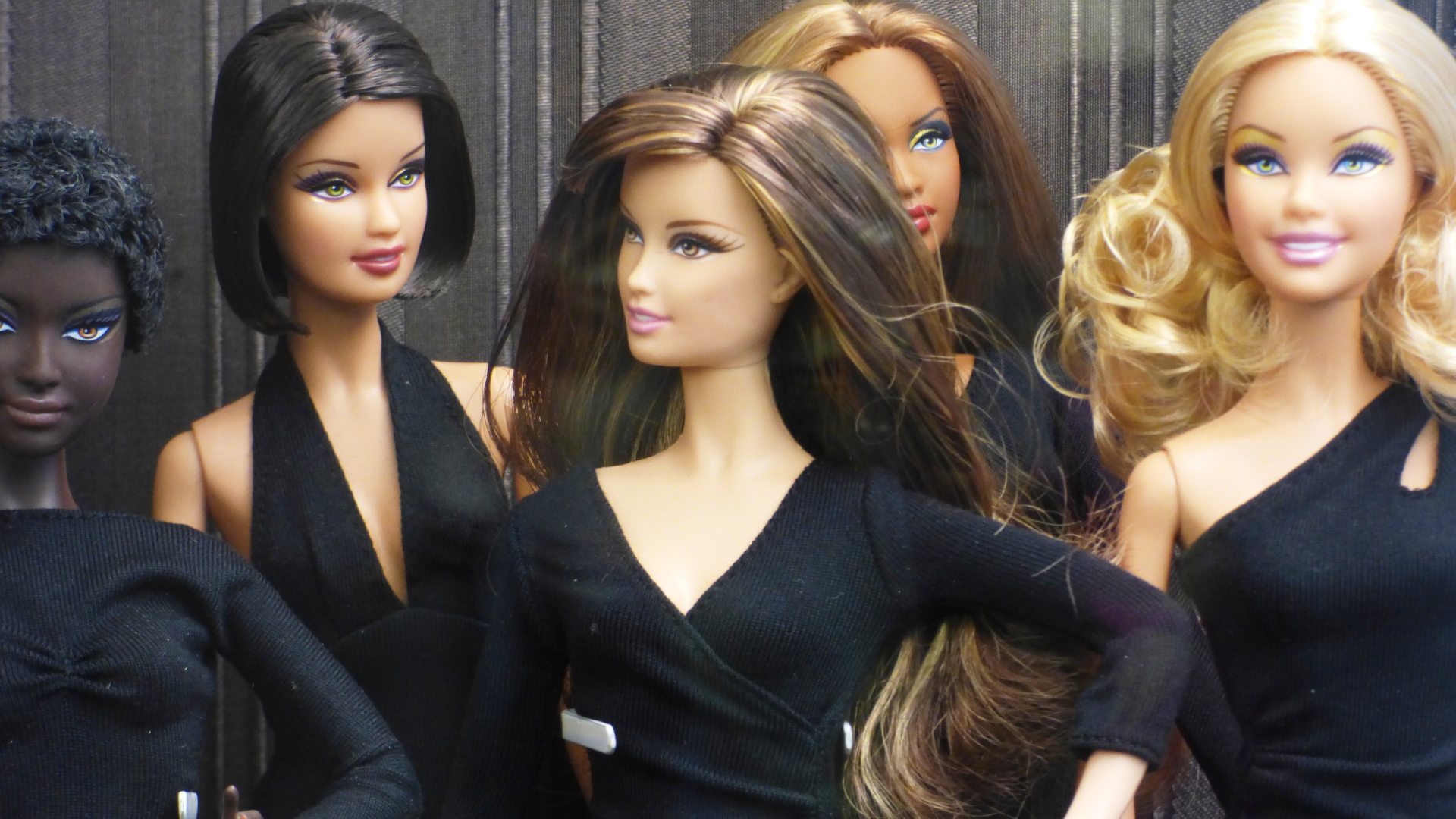HUMAN RESOURCES AND MANAGEMENT RESEARCH STAFF
In The News: Why We All Might Want to Bring a Bit of Barbie to Work
August 22, 2023 ·
Contributed by: Madeline Toubiana and Trish Ruebottom

Is Barbie now a feminist icon? Maybe? Okay, probably not. However, she might just be the icon of workplace empowerment that we’ve been looking for.
A prominent theme tackled by the Barbie movie is the objectification of women. Contrary to Barbieland, where the Barbies are in charge (and the Kens are most definitely not), when Margot Robbie’s Barbie first enters the Real World, she notices something is off. She feels “conscious of my … self?” Men leer and jeer at her, with one going so far as to grab her butt. Unlike Barbieland, in the Real World, Barbie has to deal with being sexually objectified.
We appreciated this spotlight on the objectification of women. It is much needed. However, without necessarily meaning to, as business professors who study organizations and work, we also watched the movie through the lens of employment – and we saw another way in which Barbieland illuminated certain inadequacies in the Real World. In Barbieland, each of the Barbies has a specific profession they are proud of (author, lawyer, physicist) while the Kens (spoiler alert) eventually take issue with the fact that they aren’t afforded individual identities or meaningful work (their profession is listed broadly as “Beach”).
Interestingly, in the movie’s Real World, workers are experiencing something even worse than the Kens. At Mattel headquarters, they occupy plain, dark cubicles and wear the same forgettable outfits. One lowly office worker has to be asked for his name on several occasions, while a group of C-Suite suits aren’t afforded names at all. They all do what the boss tells them to do, for the sole benefit of the company.
In her 1995 essay Objectification, philosopher Martha Nussbaum identified the qualities involved in objectifying someone – the seven ways in which we might treat a person as a thing. First, instrumentality and ownership: treating a person as a tool used for the purposes of another, as if they are owned by another. Next, denial of autonomy and subjectivity: preventing a person from choosing how to act, and ignoring their interests and feelings. Finally, inertness, fungibility and violability: expecting a person to lack agency, treating them as interchangeable with others, and infringing on their boundaries.
What is most interesting about this list is that many of the items align with how we think about present-day employees. Employees are instruments – resources – used by companies to fulfill the needs of customers, with little choice or autonomy; they are fungible, interchangeable with all other employees in the same position; their work-life boundaries are often violated since their labour is owned by the company, and any expectations they might have of leaving work at their workplace are increasingly eroded. Their subjectivity is most definitely denied – the feelings and interests of employees are rarely taken into account. This is simply the description of typical working conditions in current late-stage capitalism. The drab, cubicled and nameless employees in the Barbie movie’s Real World were not an exaggeration.
















